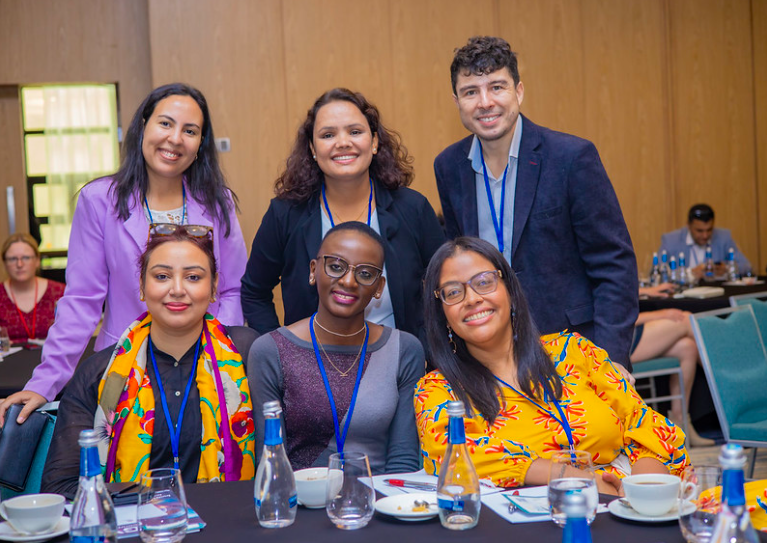
This Incubator ran from July 2023 – May 2024. It was aiming to initiate an innovative, interdisciplinary exploration of “Time Poverty” among scientists.
The goals of this Incubator were:
Raise Awareness and Understanding: the group wanted to elevate the issue of time poverty in science to a level where it receives the attention it deserves, making it a regular part of discussions about working conditions, productivity, and gender equity in academia.
Develop and Implement Solutions: the group aimed to bring together researchers from diverse countries and disciplines to create innovative, feasible solutions to reduce time poverty among scientists, especially women.
Inspire Policy Changes: Through their research and advocacy, group members wanted to influence policy changes at the institutional and national levels. This could include, for instance, advocating for more flexible working hours, better childcare support, fairer task distribution, and initiatives to reduce the burden of unpaid work.
Foster Global Collaboration: the group aspired to create a global network of researchers and stakeholders who are committed to addressing time poverty.
Advocate for Equity: Ultimately, the change they wanted to bring was a more equitable scientific community, where women researchers can thrive without being held back by time poverty. Through this incubator, they hoped to contribute to a world where gender is no longer a predictor of one’s time poverty status and, by extension, one’s success in science.
For a list of group co-leads since the group was established in 2023, see here.
N/A
Through this incubator, group members wanted to contribute to a world where gender is no longer a predictor of one’s time poverty status and, by extension, one’s success in science.
Recent decades have seen a paradigm shift in understanding poverty, with an increasing recognition of its multidimensional nature. Scholars, policymakers, and international agencies have acknowledged that poverty is not merely a state of financial lack, but a multidimensional phenomenon that intertwines various aspects of human life. This multidimensional perspective expands the poverty discourse beyond income, incorporating elements such as health, education, living conditions, and access to resources.
A crucial, yet often overlooked dimension in this expanded view of poverty, is time. Time, a finite and universally shared resource, becomes a critical factor when its scarcity affects individuals’ well-being. This scarcity, often dubbed “time poverty”, emerges when individuals lack adequate time to engage in leisure or personal care activities due to the burden of their work and other necessary commitments.
Despite its critical role in shaping human well-being, time poverty has remained largely marginalized in mainstream poverty research and policy. It calls for a more robust understanding and recognition, given that it crosscuts various demographic and socioeconomic strata, impacting not just the traditionally income poor, but also those who, despite having monetary resources, struggle with time constraints.